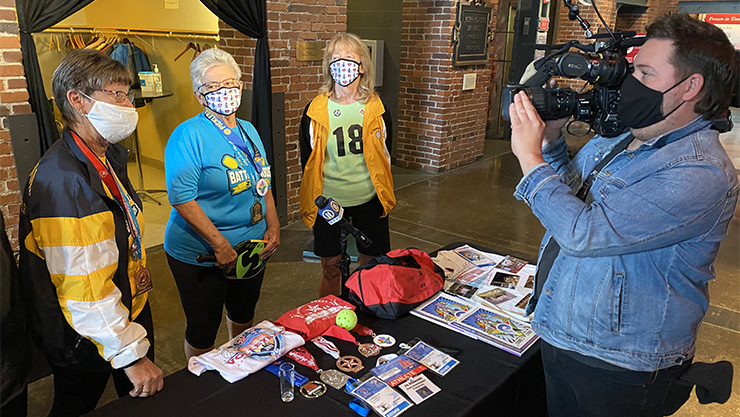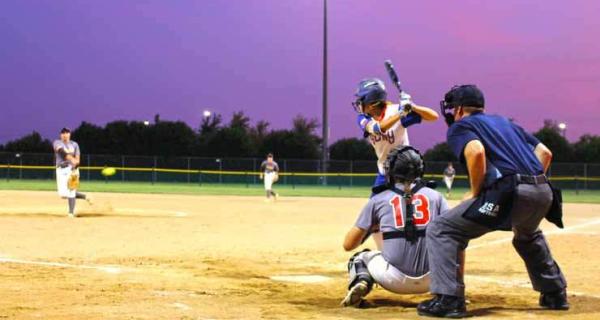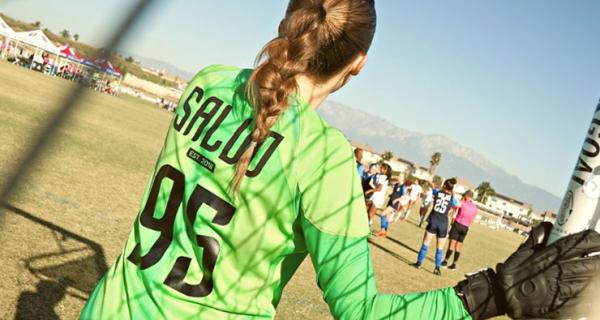Why the National Senior Games Used Social Media to Announce Its 2023 Event
The National Senior Games turned its 2023 site announcement into a guessing game on social media.

In the course of a decade, the National Senior Games Association has gone from distributing a daily print publication to Facebook Live posts announcing future events. The person most responsible for this transition targeting older active Americans is Del Moon, the organization’s communications and media relations director.
At a time when Moon and NSGA Director Marc Riker thought would be the final leadup to the 2021 National Senior Games in Fort Lauderdale, Fla., the pair were in Pittsburgh culminating what had become a guessing game.
Over the course of the week leading to April’s announcement, Moon laid a daily trivia clue to spark social media followers to try to surmise where the Games were headed. Topics covered geography, notable quarterbacks, The Beatles and even UFO sightings. The big reveal came via a Facebook Live post hosted by Riker in Pittsburgh, which also hosted the National Senior Games in 2005.
“We wanted to do something that would be fun and would be engaging,” says Moon, who called the campaign “Where Will We Be in 2023?”
Such stated goals are common among event professionals, particularly in associations targeting millennials and Gen Z. But this may be a first when going for the over-50 crowd. But Moon says the audience is savvier than one might think, and as the first generation of internet users get older, it falls squarely into the Senior Games’ demographics.
According to Pew Research Center statistics, the share of older Americans on Facebook has doubled since 2012 and seniors are the platform’s fastest-growing age group (perhaps, in part, leading youngsters’ rush toward TikTok and the like). Stats say 46% of Americans 65 and older use Facebook, which Moon sees evidence of anecdotally.
The Games’ super senior athletes, those 90 and above, are able to rely on their younger friends and family to maneuver their way through social media. A generation below relies on Facebook, Skype and Zoom, among others, to stay in touch with their families—a fact enhanced during the pandemic.
With the 2021 event moved back a year, there was time and energy to be spent looking ahead. It was also necessary because the National Senior Games have always been held every two years. But wanting to stay on its regular cycle for RFP reasons and more, the NSGA made the decision to go ahead as scheduled in 2023 without an off year.
After a year of the country being stuck at home, Moon and company decided there was no such thing as a false start to marketing.
“There has been such a pause and people are just itching so much to get out, we really wanted to do something fun coming out of the pandemic,” Moon explains.
A typical press release would have been fine, and one was sent out minutes after Riker’s reveal, but the trivia contest accomplished its goal. Moon says it was the most engaging social media campaign the association, which also relies heavily on Twitter, has ever run.
Founded in 1985 as The National Senior Olympics Organization, the National Senior Games, as it is now recognized, launched in 1987 featuring 2,500 athletes participating in 15 sports in St. Louis. Held across the country in sports-centric cities like Houston, Birmingham, Cleveland, Louisville and more, the Games have evolved into the largest multisport championship event in the world for adults 50 and over. In 2007, Humana came on board as the title sponsor, which it still remains.

When Pittsburgh hosted in 2005, the NSGA recorded 11,000 participants. The last iteration, held in Albuquerque, set a record with more than 13,000 athletes. In fact, Moon used the last Games as a red herring in his game when making a clue about supposed alien encounters—typically associated with Roswell, New Mexico.
Moon says the social media campaign’s goal was far larger than simply trying to increase numbers at the National Senior Games. The association behind the event sees the thousands of active seniors involved in state and local activities leading to the national event as a starting point. There are millions of other seniors who they hope to encourage to take a run, ride a bike, go for a swim or swing a racquet—and more.
“Everything we do is to build the entire base,” says Moon. “The rest takes care of itself.”
But don’t expect a return to the old ways of marketing the Games. Indeed, Matthew Adams was brought on board as a social media specialist last month to help expand the association's reach.
The NSGA has since hosted another Facebook Live with Visit Lauderdale to announce an "NSG CUP" competition in 2022 to award the state that has the most medals for the number of athletes they send, adding another measurement beyond which had the most medals, which is always won by the largest states.
It’s just another way to build engagement with a booming audiences of boomers.








